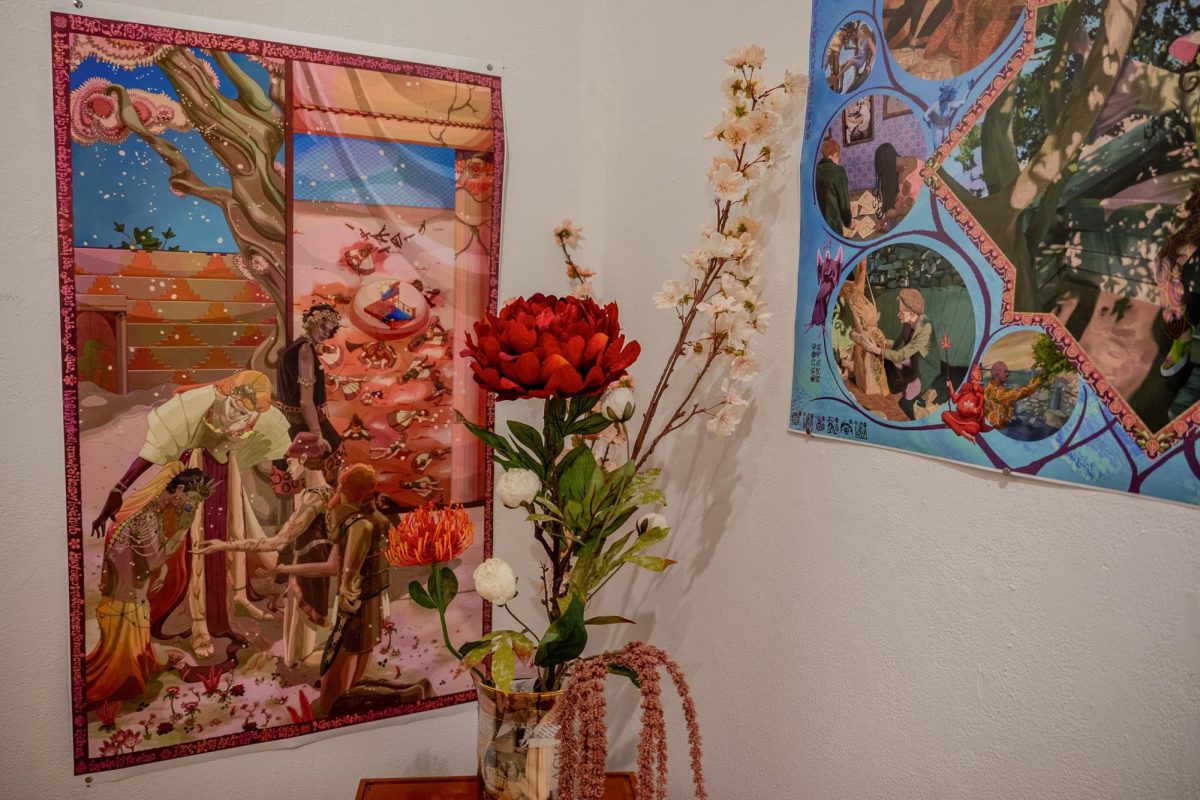By Kelly Pyzik
pyzikkel@grinnell.edu
Beginning this semester, the Grinnell music department will offer free or discounted music lessons to every student, subsidized by a number of new scholarship options.
Declared music majors will receive unlimited free music lessons, while non-majors are eligible for one scholarship per semester that covers 75 percent of the cost of 30-minute lessons or 44 percent of the cost of 60-minute sessions.
Furthermore, a part of the department’s Curd endowment fund has been reallocated to offer competitive Curd Ensemble Scholarships to non-music majors who are members of select on-campus ensembles. These two-semester scholarships would award winners $390 a semester towards music lessons—100 percent of the cost of 30-minute lessons or 60 percent of the cost of 60-minute lessons.
The college has seen a dramatic decrease in music lesson enrollment in the past three years, which it attributes to the economy and financially struggling families.
Until this year, music lessons have been an additional fee of $390 per semester per instrument studied. There were a few scholarships offered, but these were based on talent, not financial need. Jennifer Brown, Music, started developing proposals last year to establish these scholarships for music students, which total $125,000 per year.
“[Establishing the scholarships] has to do with a basic inequity that we have—almost every liberal arts institution has—that music lessons are an add-on to tuition. The fee is not counted in people’s financial aid,” said John Rommereim, Music. “It is an inequity because that means music lessons are treated unequal to all other studies. When we say we’re need-blind, this is sort of an exception because it is a particular form of need that’s not addressed with financial aid.”
Grinnell is one of the first of its peer institutions to develop this kind of scholarship fund for music study.
“I think it speaks highly of Grinnell, especially of President Kington, because it was his step forward of saying, ‘Yes, this is a problem,’ and putting together a discretionary fund to help address it,” Rommereim said. “It was really a bold move.”
With music lesson fees decreasing significantly, a significant increase in lesson enrollment is enthusiastically anticipated.
“With the economic downturn and families being under more financial duress … it makes sense that if music is the exception to the financial aid policy … enrollments drop. With certain instruments, however, when we get below a certain threshold, we can’t justify the expense of coming to Grinnell to a teacher coming from Des Moines from the Des Moines Symphony Orchestra,” Rommereim said. “We’re hopeful that this semester really turns around to help us keep a good group of Applied Music Associates.”



















































